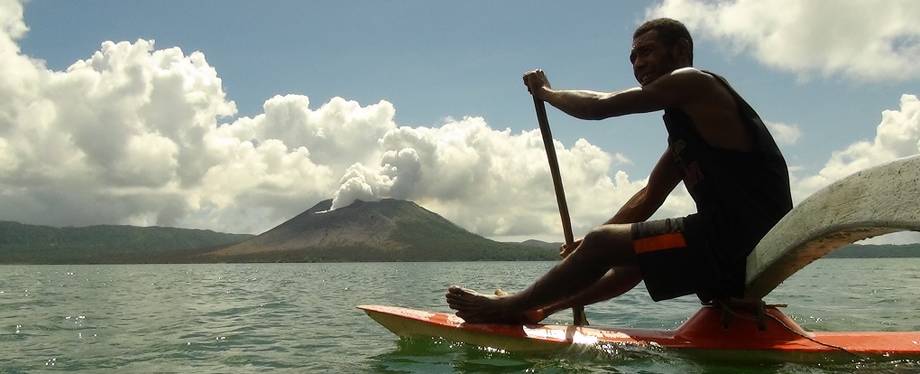Other regions
SHARP+ has been used in rural development project and research in Europe, Latin America and South-East Asia.
Europe
The SHARP team has been collaborating with the World Food System Centre within ETH-Zürich since 2016. In 2018, an Exchange of Letters was signed to formalize this partnership fostering:
- Further development and adaptation of SHARP+
- The implementation of SHARP+ in the global South and North (Burkina Faso, Guinea, Switzerland and Germany)
- The organization of events to promote knowledge exchange on ongoing work on resilience and sustainable agriculture (e.g Forum Origin, Diversity and Territories)
- The joint elaboration of peer-reviewed articles to enhance understanding of practices contributing to climate resilience and their link to sustainability
Latin America
SHARP+ has been incorporated in research projects in Costa Rica, Nicaragua and Mexico most recently. Students at master level in the three countries have conducted in-depth studies on climate resilience of households and communities with the use of the tool.
Innovative research has been conducted to compare resilience of smallholder farmers based on the type of production system (e.g. sylvo-pastoral, crop-livestock, agro-forestry systems) and management practices (e.g. conventional agriculture and agro-ecological practices).
South-East Asia
In collaboration with researchers from the University of British Columbia in Canada and the Kings College in the UK, SHARP+ was used to conduct two different studies on climate resilience in the Philippines and Indonesia respectively.
The research activities undertaken in Philippines aimed at investigating the links between practices related to organic agriculture and farm systems resilience to climate change. In Indonesia, the study focused on the exploration of connection between agro-biodiversity, nutrition and resilience.

